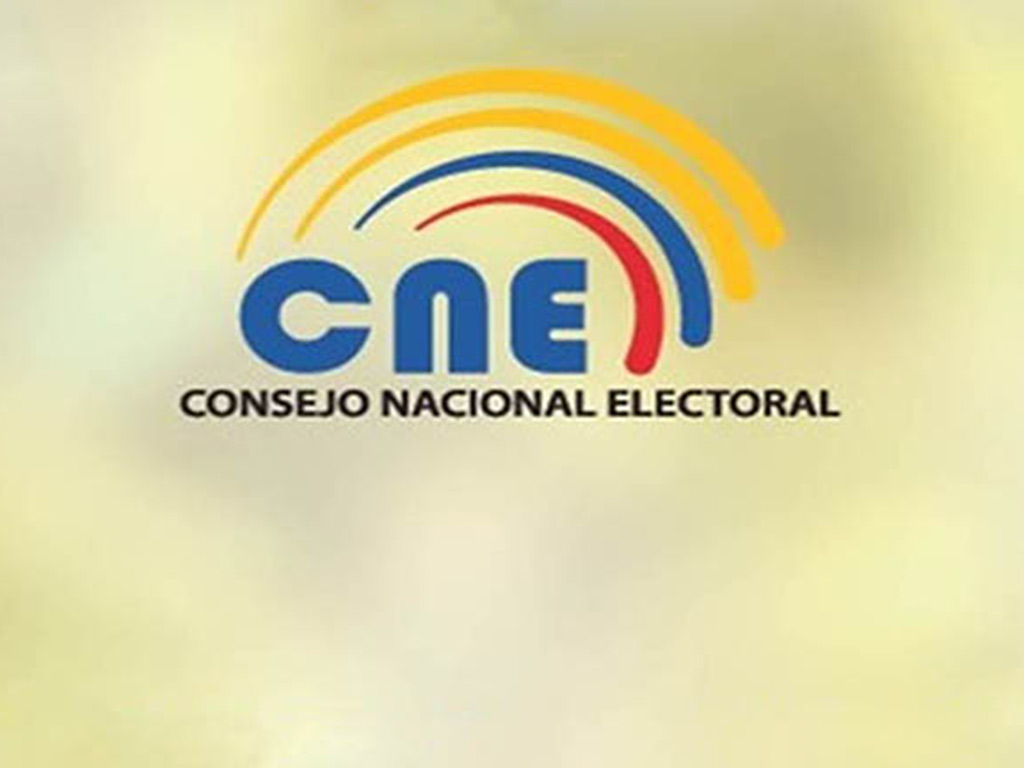
Quito, March 8.- The National Electoral Council (CNE) of Ecuador authorized seven political movements and three civil society groups to campaign on the popular consultation and referendum on April 21.
The organization received applications from 21 organizations, but 11 of them were disqualified for failing to meet requirements, among them the Construye movement and the Patriotic Society Party.
The campaign prior to the process will be carried out from April 7 to 18, a period during which qualified groups will have a fund to promote in favor or against the planned questions.
More than 13 million Ecuadorians are authorized to vote and of them some 429 thousand residents abroad will be able to vote from the countries where they are located.
Citizens must answer Yes or No to 10 questions proposed by President Daniel Noboa, as well as another question about the participation of the Armed Forces in actions against insecurity on a permanent basis.
The questions that would entail modifications to the Magna Carta are related to the elimination of the prohibition on extradition of Ecuadorian persons and the incorporation of judiciaries specialized in constitutional matters.
Other questions seek reforms to current laws on the control of weapons and ammunition by the Armed Forces, classification of crimes for possession of weapons, and increases in penalties for terrorism or organized crime.
Among the most controversial questions are those that seek to establish hourly work and the possibility of international arbitration to resolve investment, contractual or commercial disputes.
The National Union of Educators (UNE), the Popular Unity Party, the General Union of Workers of Ecuador (UGTE), as well as the Amigo and Pachakutik movements will promote the vote No in these two proposals.
Analysts consider that for the president, the consultation seeks to generate legitimacy for his security policy which, if successful, could catapult him in his intentions to run for a new four-year period in the February 2025 elections.
The president of the CNE, Diana Altamaint, denounced the delay and decrease in resources for carrying out the consultative process, since the Ministry of Finance plans to allocate 40 million dollars and not the 60 million budgeted by the electoral body. (Text and photo: PL)